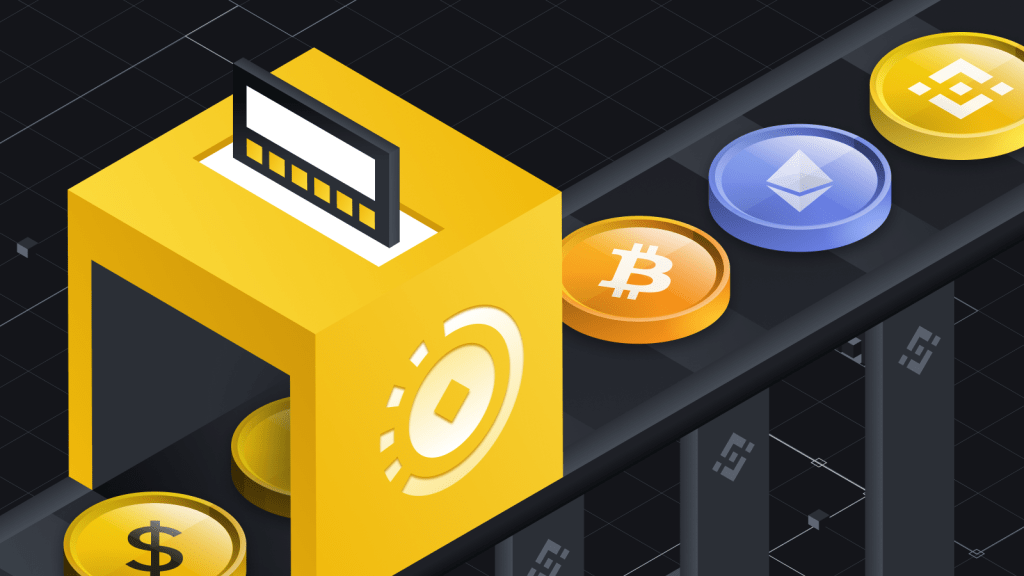HOW TO USE DeFi; Decentralized Finance, or DeFi, has emerged as a groundbreaking innovation in the world of cryptocurrencies and blockchain technology. It offers users a permissionless and transparent financial ecosystem that aims to replace traditional financial intermediaries with smart contracts and decentralized applications (DApps). In this article, we will explore the key concepts of DeFi and provide a step-by-step guide on how to use DeFi platforms effectively.
HOW TO USE DeFi

Understanding DeFi
DeFi refers to a range of financial applications built on blockchain networks, primarily Ethereum. It encompasses various decentralized protocols and DApps that enable activities such as lending and borrowing, decentralized exchanges, stablecoins, yield farming, and more. Unlike traditional finance, DeFi removes the need for intermediaries, allowing users to directly interact with smart contracts and retain control over their funds.
Setting up a DeFi Wallet
To begin using DeFi, you’ll need a compatible wallet that supports Ethereum and ERC-20 tokens. Some popular options include MetaMask, Trust Wallet, and Ledger. Install the wallet of your choice, create a new wallet or import an existing one, and securely store your private key or seed phrase.
Acquiring Ethereum (ETH)
To participate in DeFi, you’ll need to acquire Ethereum, as most DeFi platforms and tokens operate on the Ethereum blockchain. Purchase ETH from a reputable exchange or use a peer-to-peer marketplace. Transfer the ETH to your wallet address.
Exploring DeFi Platforms
There are numerous DeFi platforms available, each catering to different financial needs. Some popular DeFi platforms include:
- Decentralized Exchanges (DEXs): DEXs allow users to trade cryptocurrencies directly from their wallets without the need for a centralized exchange. Examples include Uniswap, SushiSwap, and Balancer.
- Lending and Borrowing Platforms: These platforms enable users to lend their cryptocurrencies and earn interest or borrow assets by collateralizing their existing holdings. Compound, Aave, and MakerDAO are well-known lending and borrowing protocols.
- Yield Farming: Yield farming involves earning rewards by staking or lending cryptocurrencies on DeFi platforms. Users can lock their assets into liquidity pools and earn additional tokens as incentives. Popular platforms for yield farming include Yearn.finance, Curve Finance, and Synthetix.

Connecting Your Wallet
To interact with DeFi platforms, you’ll need to connect your wallet. Open your DeFi platform of choice, select the “Connect Wallet” or similar option, and choose your wallet from the available options. Confirm the connection request, and your wallet will be linked to the platform.
Executing Transactions
Once connected, you can perform various actions on DeFi platforms. For example, on a DEX, you can swap tokens by selecting the desired trading pair, entering the amount to trade, and confirming the transaction. On lending platforms, you can deposit assets, borrow funds, or earn interest by providing liquidity.
Managing Risks
While DeFi offers exciting opportunities, it’s crucial to be aware of the associated risks. Due to the evolving nature of the DeFi space, there are potential risks such as smart contract vulnerabilities, impermanent loss, and market volatility. Conduct thorough research, assess project audits, and diversify your investments to mitigate risks effectively.
Staying Informed
Stay up-to-date with the latest developments, news, and security practices in the DeFi space. Join online communities, follow reputable influencers and publications, and participate in discussions on platforms like Discord and Telegram. This will help you make informed decisions and stay ahead in the rapidly evolving DeFi landscape.
How To Exchange DeFi Profits (converted to stablecoins) For Fiat On DartAfrica

DartAfrica is a very easy and highly beneficial way for you to convert your crypto assets to fiat that you can withdraw to your local bank account. DartAfrica is a very new and quickly expanding cryptocurrency trading platform that aims to make it pleasant and easy for users in Ghana and Nigeria (for the time being) to sell cryptocurrencies for fiat. DartAfrica offers support for popular cryptocurrencies like USDT, USDC, ETH, and BTC and has plans to increase this selection in order to cater to a wide range of consumers with various preferences. One of the many potential benefits of using DartAfrica is the fact that there are no transaction fees, unlike other exchange platforms or traditional banking institutions.
The platform also provides simple navigation, quick and secure transactions, and a user-friendly design. To efficiently use DartAfrica:
- Visit their website to register in just a few simple steps.
- Create a transaction pin by logging into your account and selecting “Security” to authorize withdrawals.
- For instructions on creating a local bank account, click “Account Details”.
- Choose the coin you want to deposit by clicking “Sell Coins.” Put the USD amount (at least $20).
- By selecting “Sell Now,” you will be given a barcode and wallet address to deposit the equivalent amount you intend to sell. After two block confirmations, the corresponding amount of fiat is transferred into your account. You may track your transaction in the “Trades” area until the deposit is complete. You can see this on your “Dashboard.”
- To withdraw money to the account you’ve previously set up in step 3, click “Withdraw funds,” then enter the desired amount. Without any additional fees, your local bank receives a quick credit.

How Secure is Using DeFi?
Using DeFi platforms can offer a high level of security, but it’s essential to understand the potential risks and take necessary precautions. Here are some factors to consider regarding the security of DeFi:
Smart Contract Risks: DeFi platforms rely on smart contracts, which are self-executing contracts written in code. While smart contracts are designed to be secure, vulnerabilities can exist. It’s crucial to assess the security measures taken by the platform, including code audits, bug bounties, and community feedback.
- Platform Reputation and Audits: Before using a DeFi platform, research its reputation and credibility within the community. Look for audits conducted by reputable security firms to ensure the platform has undergone thorough code reviews and security checks.
- Secure Wallets: Safeguarding your funds starts with using a secure wallet. Choose a reputable wallet provider, follow best practices for wallet security, and never share your private keys or seed phrase with anyone. Hardware wallets, such as Ledger or Trezor, offer an extra layer of security by keeping your private keys offline.
- Avoiding Phishing Attacks: Be cautious of phishing attempts that mimic legitimate DeFi platforms or wallets. Double-check the website’s URL, verify the SSL certificate, and never enter your sensitive information or seed phrase on untrusted websites or suspicious links.
- Assessing Token Contracts: When interacting with new DeFi tokens, review the token contract’s code and verify its legitimacy. Look for contract audits and community feedback to ensure that the token contract is secure and well-audited.
- Limiting Exposure: Avoid investing significant amounts of funds in unfamiliar or unproven DeFi platforms. Start with smaller amounts and gradually increase your involvement as you gain confidence and familiarity with the platform.
- Diversification: Diversify your DeFi investments across different platforms and tokens to minimize the impact of potential security breaches or market volatility. Avoid putting all your funds into a single DeFi project.
- Keeping Software Updated: Ensure that your wallet software, browser extensions, and any other tools you use for DeFi are kept up to date with the latest security patches and updates. This reduces the risk of potential vulnerabilities being exploited.
- Monitoring Activity: Regularly monitor your DeFi transactions and activities for any suspicious behavior. Set up alerts or notifications to stay informed about any unusual or unauthorized access attempts.
Remember, while DeFi platforms aim to provide security and transparency, they are not completely risk-free. Stay informed, exercise caution, and do your due diligence before using any DeFi platform or investing in DeFi projects. Decentralized Finance presents a transformative shift in the way we interact with traditional financial systems. By following the steps outlined in this guide, you can start exploring the exciting world of DeFi. Remember to exercise caution, conduct thorough research, and stay informed about the latest trends and best practices. With time and experience, you’ll become more proficient in utilizing DeFi platforms and accessing the wide range of financial opportunities they offer.



